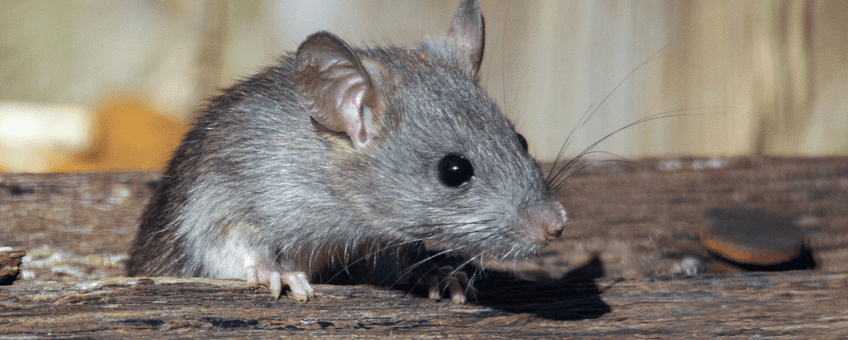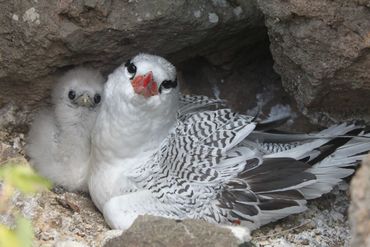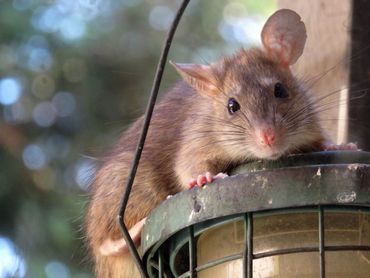
Rampant Rodents: the problem with rats
Dutch Caribbean Nature Alliance (DCNA)There is perhaps no species more widespread than the rat. These rodents were unintentionally introduced to the Dutch Caribbean by human activity, tracing back to the early colonial era when ships brought goods and unknowingly stowaway rats to these shores. With no natural predators and abundant food sources, rats quickly adapted and multiplied, triggering an ecological imbalance with far-reaching consequences.
Ecological impacts

One of the most significant impacts of rats in the Dutch Caribbean is their voracious appetite for bird eggs. Many local bird species, such as the endemic Red-billed tropicbird and several species of protected terns, nest on the ground, making their eggs highly vulnerable to predation.
The implications of rat predation on bird eggs are multifaceted. Firstly, it disrupts the reproductive success of avian species, leading to population declines and, in extreme cases, local extinctions. Birds that lose their eggs or young are less likely to breed again in the same season, hampering population recovery. The loss of bird species not only diminishes the islands' natural beauty but also disrupts the delicate ecological balance for the islands.
Beyond the direct impact on bird populations, the loss of eggs due to rat predation has cascading effects on the broader ecosystem. Birds play crucial roles as pollinators, seed dispersers and predators of insects. When bird populations decline, the natural dynamics become disrupted, leading to an imbalance in plant reproduction, changes in insect populations, and altered food chains.

Disease vectors
These rodents are also notorious carriers of diseases. Due to their tendency to live within waste and sewage, coupled with their highly mobile nature, rats’ urine, droppings, and bites, can transmit a wide range of illnesses. These include leptospirosis, hantavirus, salmonellosis and rat-bite fever. Rats can also carry ticks, mites and fleas which are potential vectors of disease for both people as well as local animal populations.
Mitigating the impact
Recognizing the urgency of the situation, conservation organizations and local park authorities have undertaken initiatives to combat the invasive rat populations within the Dutch Caribbean. Examples of local efforts includes the Caribbean Netherlands Science Institute’s 2017 Rodent Control Project on St. Eustatius as well as research conducted on Saba to better understand the impacts of rats on local bird populations. These efforts focus on implementing comprehensive strategies that combine education, habitat management, and targeted rat eradication programs.
DCNA
The Dutch Caribbean Nature Alliance (DCNA) supports science communication and outreach in the Dutch Caribbean region by making nature-related scientific information more widely available through amongst others the Dutch Caribbean Biodiversity Database, DCNA’s news platform BioNews and the press. This article contains the results from several scientific studies but the studies themselves are not DCNA studies. No rights can be derived from the content. DCNA is not liable for the content and the (in) direct impacts resulting from publishing this article.
Text: DCNA
Photos: Joshua J. Cotten (lead picture: rat); Michiel Boeken; Christine McCall
